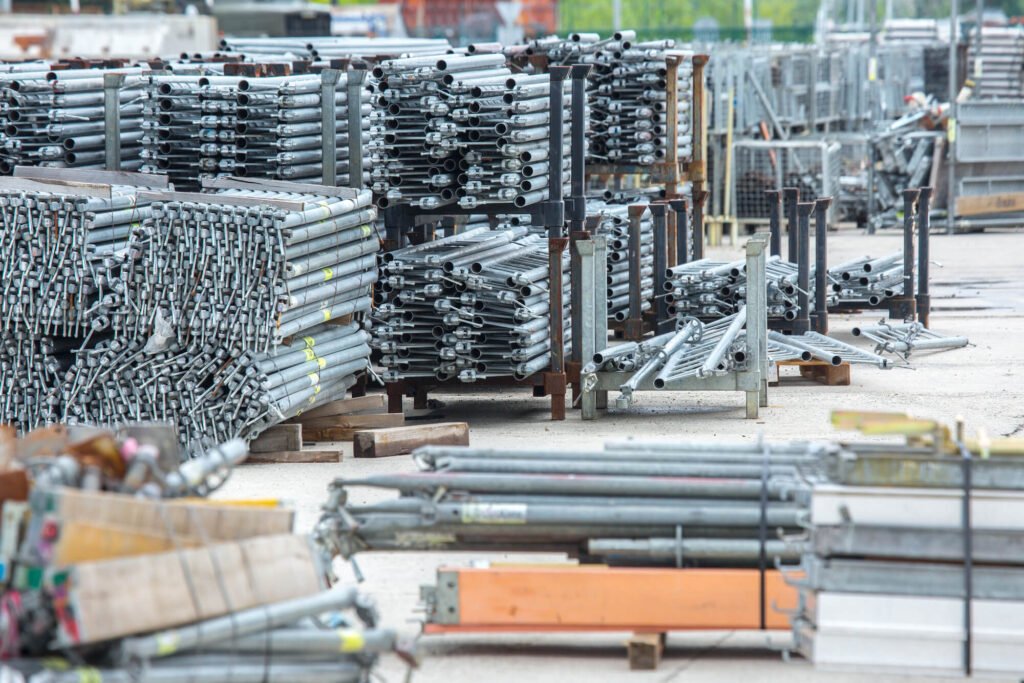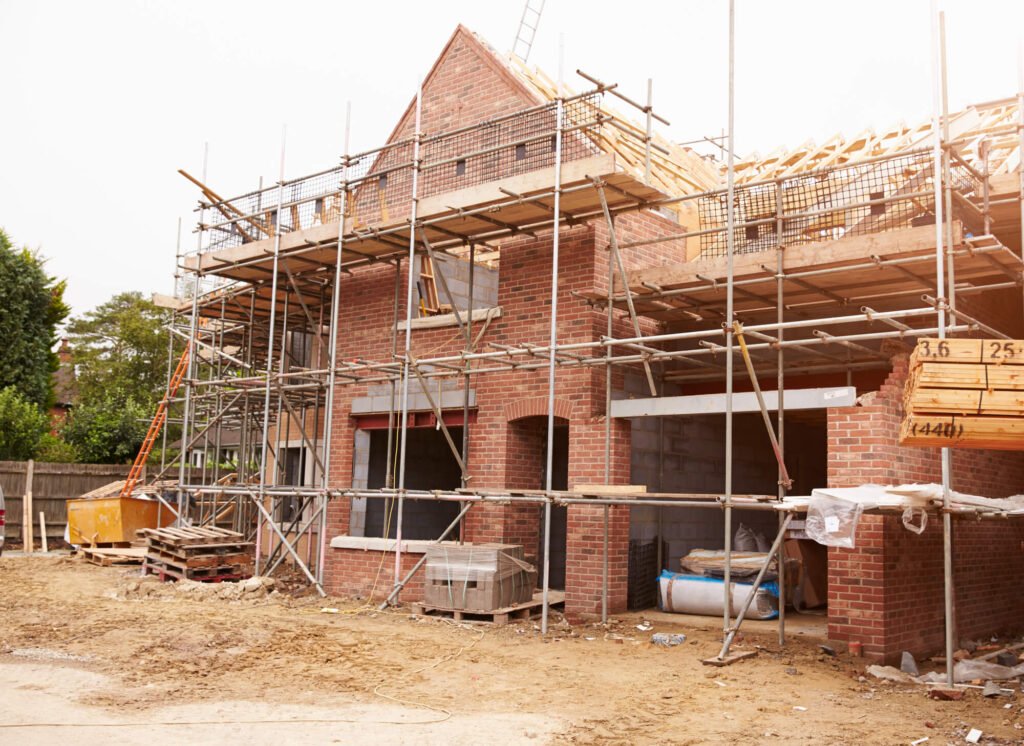Starting a scaffolding business in the UK can be a profitable venture considering how scaffolding is crucial for most construction projects. From investing in quality scaffolding equipment to getting the right licencing and insurance, there are several things you need to have in place for you to have a successful business. Here’s a simple guide to some of the things you need to start a scaffolding company.

1. Do proper market research
Scaffolding is an essential part of the scaffolding industry because it provides a safe and sturdy working platform. Therefore, it’s crucial to do in-depth market research so that you can understand your targetted market. With the different scaffolding companies already existing, you also need to be well informed of your competitors. This is also an ideal time to determine the type of customers you want to cater to.
2. Determine the type of scaffolding services you’ll be offering
Scaffolding is pretty vast so it’s advisable to clearly define the type of services that you’ll be offering. Are you going to be working on domestic projects, commercial projects, or with other trade professionals? Clearly defining your goals and the type of service you’ll be providing is one way to ensure that you have smooth sailing starting your business.

3. Ensure you have adequate funding.
How do you intend to fund the initial costs of starting your business? You may decide to take out a Loan or Take a Credit Card (can be costly ). You should have enough to support the business for at least the first year so as to support its growth. It’s common for scaffolding businesses to have a higher initial startup capital requirement compared to other businesses because of the equipment that needs to b purchased. However, with the right strategy, it can be a profitable venture in the long run.
Options for Business finance
- Loans
- Credit Cards
- Savings
- Joint venture
4. Develop a comprehensive business plan
For a successful business, you need to have a bulletproof business plan. The plan should highlight key details about your business such as the legal structure, financial projections, target market and your objectives.
5. Register your company
If you plan on getting a unique taxpayer reference number ( UTR ) you should register with the HMRC but if you want to operate your company as an LLC, it’s advisable to register with Companies House.
6. Ensure you have the right licenses and permits
Depending on the location where you want to set up your scaffolding company, you should ensure that you have the necessary business licence and permits. This can include a CISRS scaffolding licence or a Construction Industry Scheme ( CIS ) registration.
7. Get the right insurance
One way to protect your business and your employees is by acquiring the right scaffolding insurance coverage. For example, getting Public Liability Insurance will protect your business from any third-party claims made against it. There’s also workers’ compensation insurance which is essential for protecting your employees if they are injured on the job. Other types of insurance you can get includes plant and machinery insurance, professional indemnity insurance and tool insurance.
8. Ensure that you hire skilled staff
You should hire skilled scaffolders and administrative staff to help you run the business. Remember, scaffolding should be done by well-trained and competent persons. You should also ensure that you have a reliable finance team because they can provide valuable insight into your business.

9. Purchase the necessary equipment
Scaffolding is an important job for any construction project and not having one of the components can significantly compromise the integrity of the scaffold structure. From the different pieces of equipment to the vehicles needed for transportation, you should ensure that you budget accordingly.
10. Advertise and market your business
If you want consistent jobs you need to put an effort to market your scaffolding business. You can network with other businesses in the construction industry or advertising in newspapers. If you are serious and want to level up your scaffolding company invest in SEO. Another way to attract new customers is through word of mouth or reviews. Build brand awareness in Social Media Or you can advertise your scaffolding business right here on our website so you can get new customers. We will help you.
11. Health and safety regulations compliance
Working at height is a risky job therefore you should ensure that your business adheres to the safety regulations and standards set by the Health and Safety Executive ( HSE ) and other governing bodies.
How much does it cost to start a scaffolding business uk
To start a scaffolding business in UK it costs from £10,000 to £30,000. This amount will vary depending on the size of the company you want to set up, your location, and the resources you’ll need among other factors. Some of the costs you need to consider when starting your business includes the following;
| Item | Average Cost |
|---|---|
| Business registration | £15 to £50 |
| Insurance | £200 to £500 a year |
| CIS registration | £40 to £60 |
| CISRS licence | £100 to £200 |
| Scaffolding equipment | £5,000 to £10,000 |
| Scaffolding pavement licence | £200 to £600 |
Some of the costs such as equipment costs will vary depending on the type and amount of equipment you’ll have to buy or rent. You also need to include the costs you’ll incur for hiring staff. If you want to start a company and you don’t have any yard space, you can consider renting space or sub-contracting scaffolding services for other established companies so as to reduce the cost of your expenses.

How much do scaffolding companies make?
If you’re a self-employed scaffolder with your own company, you should expect to make around £40,000 per year. The amount can be higher if you have a steady flow of paying jobs. Your rates will also determine how much your business makes by the end of the year.
Starting a scaffolding business needs hard work and dedication and with the right approach, it can be a very profitable venture. With this guide you already have an idea of how much you’ll need to start your scaffolding company, the expected returns and some of the important things required like business registration and funding, making it easier for you to decide whether it’s a path you can consider following.